Armenia: Three women saving their businesses from coronavirus
The economic sector hit hardest by the coronavirus epidemic is the tourism industry, which has, in turn, led to losses in the goods and services industry.
The Armenian government has developed a support programme to mitigate the economic consequences of the coronavirus. However, not all business owners are eligible, and those who are ineligible to receive government aid are trying to find their own solutions: changing the direction of their business and their workload, and sometimes even moving and switching industries altogether.
Below, the story of three women who are trying to save their businesses.
- Armenia: financial assistance for those losing income due to coronavirus
- Armenian government to help businesses starting from zero – yet another measure to overcome the consequences of coronavirus
- Armenian journalist, Azerbaijani lawyer awarded International Women of Courage Award
Siranuish is changing industries and moving to a village on the border
Artist and designer Siranuish Nazanyan says that the situation with the coronavirus is like a giant abyss that she slipped and fell into. The business she has been working on for the past 15 years has been destroyed.
She uses a special technique called batik to dye scarves, bags and dresses. Her pieces were sold at exhibitions in tourist centers and museums.
“90% of people who buy handmade goods are tourists, and only the remaining 10% are locals. Now that 90% is gone, and the other 10% aren’t buying anything at all. People have closed their stores because they have no customers. And no one knows when everything will start up again,” says Siranuish.
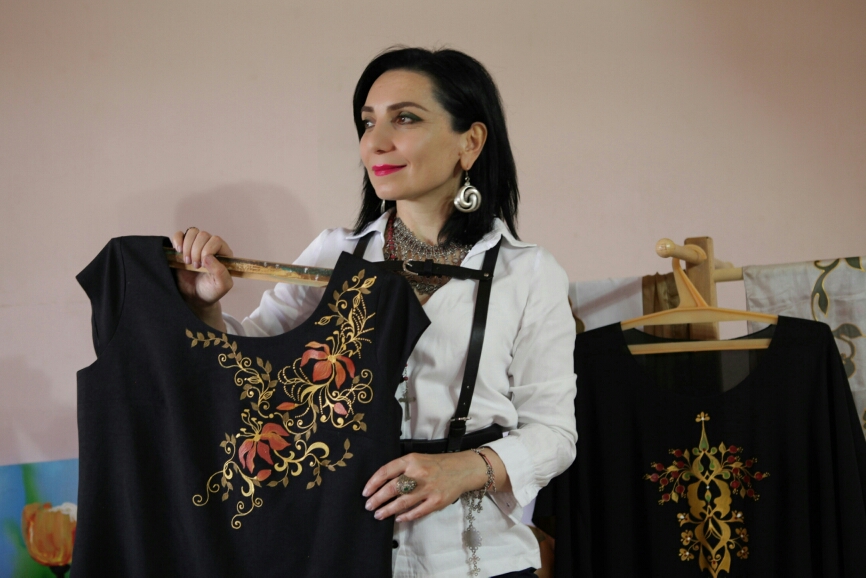
Bagrat Asatryan, an economist and former chairman of the Central Bank, says that Armenia is like a microcosm of the global economy, because it reflects the consequences of the general crisis.
The decline in tourism will cause a significant impact on the Armenian economy. As a result, the goods and services and trade sectors are already suffering losses. And they provided a significant share of employment in the country.
The government has developed a large package of programs to mitigate the social and economic consequences of coronavirus. However, not everyone is eligible to receive aid.
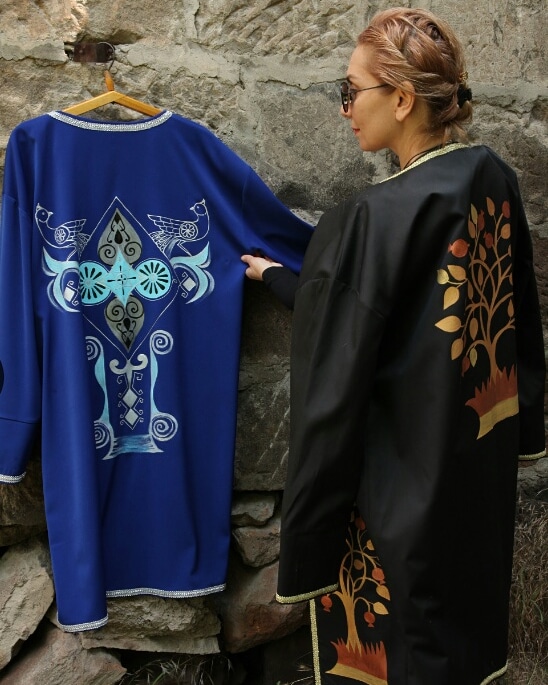
Siranuish Nazanyan says that she is mostly offered loans. She does not need them for her existing business, as she is unable to sell even her current stock:
“They suggest I use other assistance programs, but with my current business, I don’t qualify for any of them. I decided not to cling to state assistance. I have always relied only on myself, and I can handle this situation.”
The artist intends to shift gears and instead begin producing natural sweets using her grandmother’s recipes. She is certain that entering the market with a new product is a winning solution:
“I need to make a business plan for selling in the local market, now that we can’t count on the foreign market. And you need to produce what people need daily. But this is just for food. Sweets made from dried fruits, buckwheat, wheat sweets. I will paint the wrappers with Armenian decorations.
I’m thinking about starting my business in the border region – in my hometown of Tavush. The government provides tax incentives for businesses in border settlements. And there are many talented women who are unemployed her. I can use this labor force.
At one time I dreamed of painting pastries, I dreamed of opening a drawing school. I dreamed so much that the time had come. I’ll start by making little cakes with my drawings on them. I’ve already started online lessons.”
Gagik Makaryan, head of the Union of Employers of Armenia, believes that the government should revise its coronavirus stimulus programs. He says that it was necessary to first calculate what benefits this or that measure can bring to the overall GDP, and only after that decide which sectors to help:
“One of the programs is designed to aid six different economic areas, including the tourism, transport, healthcare, and service industries. Under this program, 70 companies were given assistance.. If we divide this number by the number of sectors affected, six, we see that only 11 companies in each area received aid. And there are hundreds of companies.”
The economist says that another program provided assistance to 80,000 commercial businesses, of which 24,000 were small and mid-sized businesses. Of these, about 300 received support, that is, still less than 1%.
Meanwhile, the prime minister himself has expressed his generally satisfaction with the anti-crisis programs. At his last press conference, Nikol Pashinyan said:
“Within the framework of these programs, as of May 16, 84,400,000,000 drams [about $ 175,000,000] were distributed to around 48,400 legal entities and about 1,100,000 individuals.”
Margarita switches from making eco-friendly bags to medical masks and clothing
Margarita Stepanyan became a celebrity in Armenia during the days of the Velvet Revolution. All protesters knew who she was. She practically moved to the main square of Yerevan with her sewing machine, sewed Armenian flags right here and handed them out to people.
In 2019, Margarita started her business thanks to a grant from the international charity organization World Vision Armenia. She founded her own company, which produces eco-bags with traditional Armenian patterns.
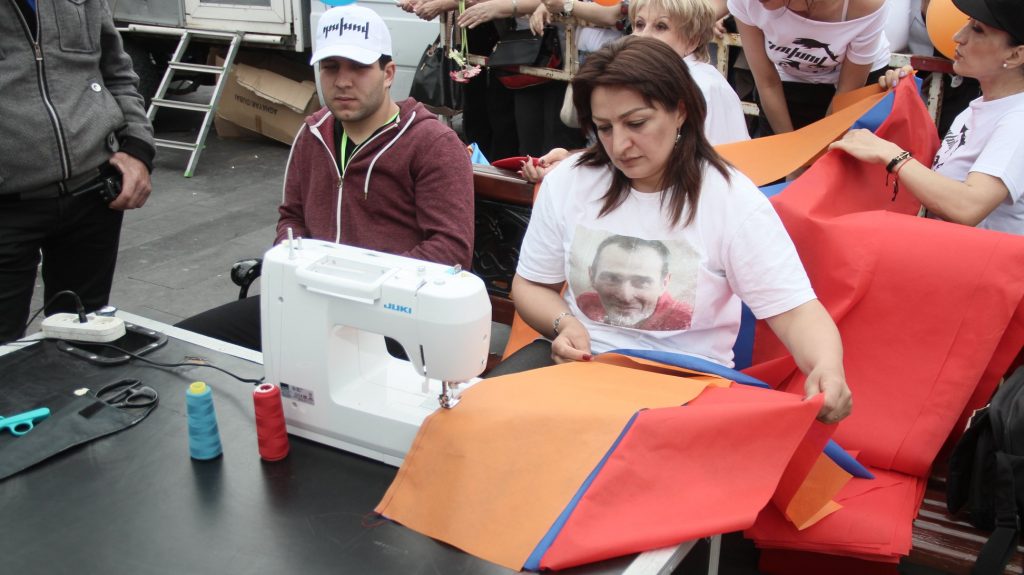
The coronavirus put a huge wrench in the novice entrepreneur’s plans:
“We were just starting up, but we were hurt just like everyone else. Orders were canceled, business contracts were terminated. We are a micro-business, but we did not close, while some large enterprises stopped working. We aren’t given any aid, but we continue to work. We rented out our building and are working from home.”
Gagik Makaryan thinks that micro-business are in the most vulnerable position:
“Most micro-business will go bankrupt. Data from last year shows that micro-businesses were not in the best position in terms of profitability anyway. Suppose there are 40-50,000 micro-businesses in the country. Even if 10% of them go bankrupt, it means that 5,000 families are poorer.”
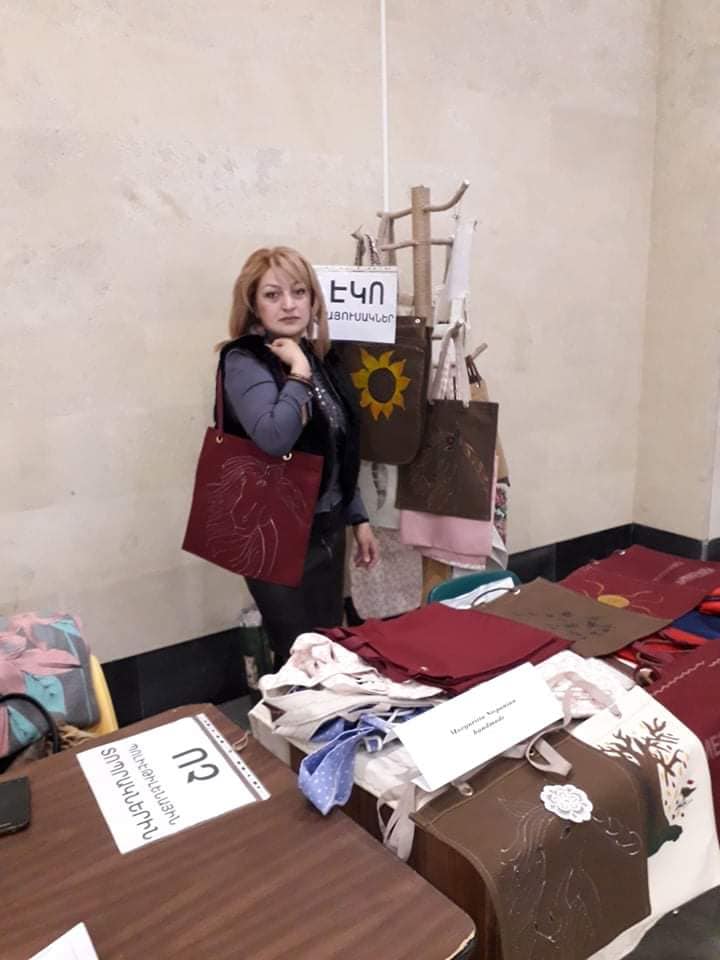
However, Margarita intends to overcome the crisis. Her team of five decided to stop producing eco-bags and start producing protective masks and clothing for health workers.
“Since the beginning of the epidemic, I realized that there was a shortage of masks, and we began to sew them. When we were just starting to change direction, so there was no way to get fabrics and other materials. Fortunately, we found store that provided us with everything we needed. We sent examples of the medical clothing we sewed to different organizations and posted photos on social networks so that people knew: we can sew these.
I didn’t fire anyone, I gave them the opportunity to work during the crisis and make money so that the business would remain stable. It was not easy for me to achieve all this. I had to fight for my business, and I could not say: everyone, we’re in a crisis, we can’t work anymore,” Margarita says.
Ruzanna’s company is pulling out of the international market and entering the local one
The company Darman has been producing organic tea for export for the last five years. Since the coronavirus epidemic, supply to Europe has been cut off.
One of the founders of the company who manages projects and sales, Ruzanna Kartashyan, says that the business was working on expanding production. They had plans to start selling on a larger scale in several European countries.
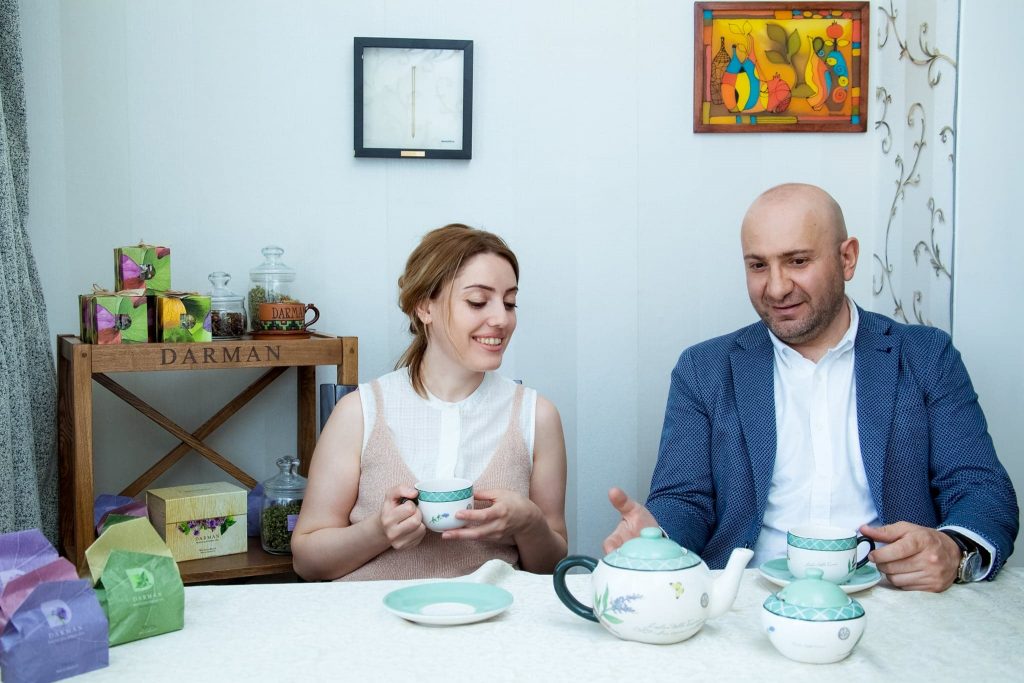
“The first company we signed a contract with was in France, and we were planning to export to a new business as well. We were planning to expand, but everything came to a screeching halt,” says Ruzanna.
Her company operates in the border region of Tavush, producing 15 different kinds of tea. The main staff consists of only seven people, but during harvesting season, up to 20 people work collecting the tea.
Now they are selling online and exporting some of their product, in part, to Russia. This is a market they’ve already been in for a long time. Ruzanna says that they are planning to expand in this area as well, but the fall of the ruble has taken a toll on the company.
Economist Bagrat Asatryan believes that exporting of Armenian products to Russia will now become even more complicated. The fall of the ruble has cut income from exports in Armenia by 20% already, meaning that Armenian products are no longer competitive on the market:
“It is difficult to say how long this will last and what will happen to the oil market, which directly affects the ruble exchange rate.
Russia is Armenia’s biggest tradiing partner, including in exports. The worsening economic situation there will lead to social problems, a drop in the population’s purchasing power, and therefore in demand, including for Armenian products.”
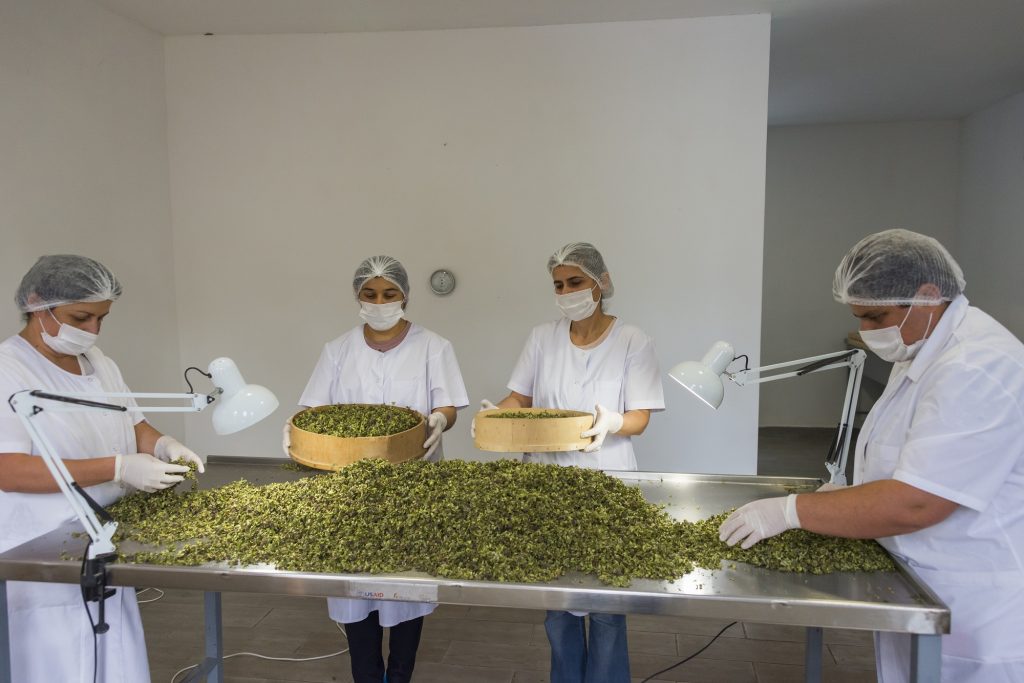
Ruzanna’s company is trying to use this break as a fresh start.
“We are looking for investments and are rebranding so that we can to start working as soon as the opportunity arises. We are looking for new markets and changing our pricing policies.
We have a teahouse near the area where we produce tea. To compensate for the losses associated with tourism, we are focusing on the local market. Now people are tired of city life and are trying to get out to the countryside. Before we worked for foreign tourists, and now we offer local tea parties.
We will offer packages for those visiting the tea production plant, in the mountains and forests, so that a person could collect his own tea plants. Tourists will become part of the entire production chain – both where it begins and where it ends,” says Ruzanna.
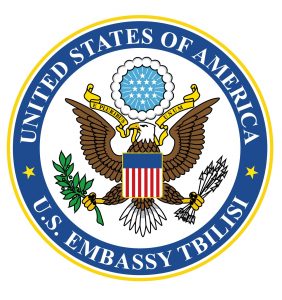
This project is funded through the Democracy Commission Small Grants Program, U.S. Embassy Tbilisi. The contents of this publication are those of the Author(s) and do not necessarily represent the views of the Department of State.


















